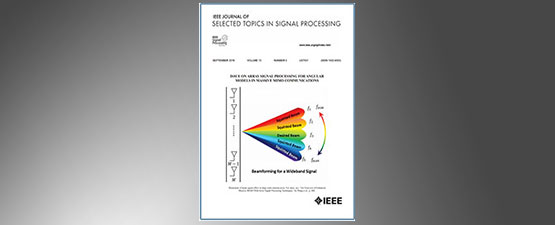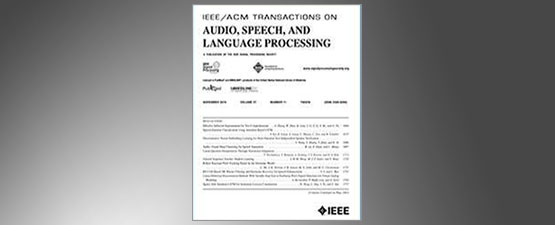IEEE JSTSP Special Issue on Signal Analysis for Detection and Monitoring of Contagious Diseases
Manuscript Due: May 30, 2021
Publication Date: February 2022
CFP Document
Given the impossibility of travel during the COVID-19 crisis, Computational Imaging TC is launching an SPS Webinar Series SPACE (Signal Processing And Computational imagE formation) as a regular bi-weekly online seminar series to reach out to the global computational imaging and signal processing community.
The SAMPL Lab at the Weizmann Institute of Science offers a postdoctoral position within the project C'MON-QSENS! (Continuously Monitored Quantum Sensors: Smart Tools and Applications) funded by QuantERA EU program in Quantum Technologies. The appointment will be for a two years term, (possibly) renewable for a third year.
The SAMPL Lab at the Weizmann Institute of Science offers a postdoctoral position within the project C'MON-QSENS! (Continuously Monitored Quantum Sensors: Smart Tools and Applications) funded by QuantERA EU program in Quantum Technologies. The appointment will be for a two years term, (possibly) renewable for a third year.
PhD students and Postdocs in the areas of signal processing, machine learning, medical imaging, communications and radar processing:
Host Professor: Yonina Eldar, department of mathematics and computer science, Weizmann Institute
Masters students, PhD students and Postdocs interested in the areas of signal processing, machine learning, medical imaging, communications and radar processing. Contact us.
Given the impossibility of travel during the COVID-19 crisis, Computational Imaging TC is launching an SPS Webinar Series SPACE (Signal Processing And Computational imagE formation) as a regular bi-weekly online seminar series to reach out to the global computational imaging and signal processing community.

Manuscript Due: May 30, 2021
Publication Date: February 2022
CFP Document

Manuscript Due: October 15, 2020
Publication Date: May 2021
CFP Document
Classification of SAR image data continues to be a big challenge. Major difficulties include the scarcity of available data, and the difficulty of semantically interpreting the SAR backscattered signal. There are no large-scale, SAR-derived image databases for Remote Sensing image analysis and knowledge discovery. Furthermore, while optical image classification has seen a breakthrough with the advent of Deep Learning methods that require Big Data, SAR-based systems have so far not experienced the same progress, likely because not enough data associated training labels is available.
For the full job description and more informaiton, view the job description document.